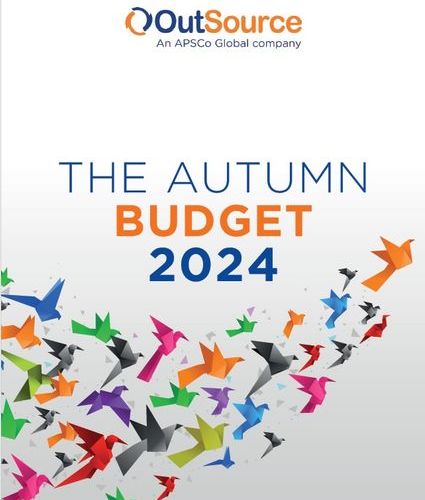APSCo responds to King’s Speech: More needed to improve UK’s skills
Responding to the King’s Speech, Tania Bowers, Global Public Policy Director at the Association of Professional Staffing Companies (APSCo) commented:
“While there were no major surprises in today’s announcement, I’m pleased to see that skills development remains high on the agenda. The focus on international trade deals with growing and dynamic economies is an element we have previously called for. I would, however, emphasise that such deals should include the movement of people to support skills access and development. The current Comprehensive and Progressive Agreement for Trans-Pacific Partnership (CPTPP) is heavily focused on goods, not skills. A means of accommodating recruitment in such deals should be included in any discussions and new agreements.
With the speech including reference to dynamic economies, it should also be added that the UK requires access to equally dynamic talent. The static nature of permanent hiring is no longer the predominant means of acquiring skills and employers will need to be able to easily and efficiently tap into contract and temporary workforces across borders. We look forward to hearing how the Government will make this work in the Autumn Statement later this month.
The commitment to improving high-quality training and strengthening education in the long term is another welcome announcement. However, it should be acknowledged that this move will take time to have a positive impact on the UK’s skills access and should therefore be supplemented with the strengthening of the flexible labour market to fill immediate gaps. We also believe that more can be done to better skills development, including making funding available for the reform of the Apprenticeship Levy. As we highlighted in our Autumn Statement submission, the scope of the Levy needs to be reconsidered so it can be used for shorter, more flexible modular training for 18–24-year-olds, “lane changers” and older workers. We also believe there is an opportunity to tailor the Levy for a more regional and sector approach to support. This would allow funds to be channelled specifically towards hard-to-reach workers and technical sectors that are suffering most from labour shortages."

